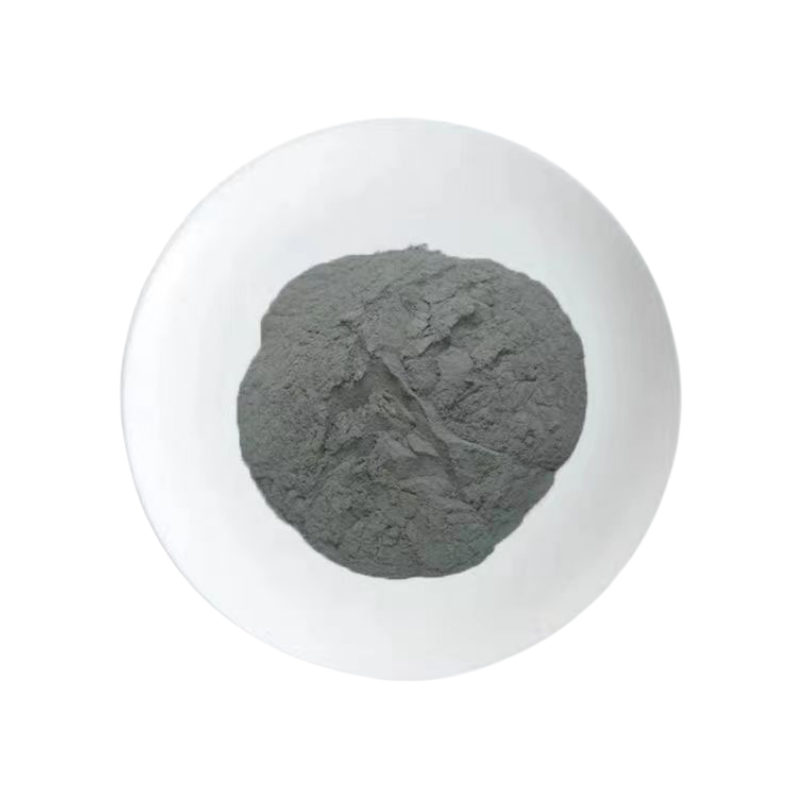
Hydrated Limestone Powder Suppliers for Quality Construction Materials and Environmental Solutions
The Role of Hydrated Limestone Powder in Various Industries
Hydrated limestone powder, also known as calcium hydroxide or slaked lime, is a versatile material widely used across various industries. Made by hydrating quicklime (calcium oxide), hydrated limestone powder plays a crucial role in enhancing product quality, improving environmental sustainability, and contributing to health and safety standards. This article will delve into the manufacturing process, key applications, and benefits of using hydrated limestone powder.
The Manufacturing Process
The production of hydrated limestone powder involves several steps. First, high-purity limestone is sourced and calcined in a kiln to produce quicklime. This process involves heating the limestone to temperatures exceeding 900°C, resulting in calcium oxide. Following calcination, water is carefully added to the quicklime to initiate a chemical reaction that produces hydrated limestone. This process requires precise control over temperature and moisture levels to ensure the final product has the desired properties. Once slaked, the product is milled into a fine powder and packaged for distribution.
Quality control is essential during manufacturing to ensure the hydrated limestone meets industry specifications. Manufacturers often conduct rigorous testing to assess parameters such as particle size, purity, and reactivity. These quality checks ensure that the end product not only meets customer needs but also complies with regulatory standards.
Key Applications
Hydrated limestone powder is used in a multitude of applications, including
1. Construction In the construction industry, hydrated limestone is a vital ingredient in cement production and is used as a soil stabilizer and a filler in various building materials. Its properties improve the strength and durability of concrete, making it essential in infrastructure projects.
2. Environmental Applications Hydrated limestone plays a significant role in environmental protection. It is commonly used in flue gas desulfurization, a process that reduces sulfur dioxide emissions from power plants. Moreover, it is used for water treatment, helping to neutralize acidity and precipitate heavy metals, thereby contributing to cleaner water sources.
3. Agriculture In agriculture, hydrated limestone is often utilized to improve soil quality. It acts as a soil conditioner, helping to raise pH levels in acidic soils, thereby enhancing nutrient availability for crops. Additionally, it can supply essential calcium to plants, promoting healthy growth.
hydrated limestone powder manufacturer

4. Food Industry In the food industry, hydrated limestone serves as a food additive and a firming agent in canned vegetables and fruits. It is recognized for its ability to maintain texture and enhance shelf life, making it a valuable ingredient in food preservation.
5. Chemical Manufacturing Hydrated limestone is a building block for various chemical processes. It is used in producing lime-based products such as calcium carbonate, calcium stearate, and other compounds essential in the plastics and rubber industries.
Benefits of Using Hydrated Limestone Powder
The adoption of hydrated limestone powder offers numerous benefits across different sectors
- Cost-Effectiveness Hydrated limestone is relatively inexpensive compared to other industrial minerals, providing an affordable solution for manufacturers.
- Environmental Impact Using hydrated limestone aids in reducing harmful emissions and improving waste management practices. This contributes to a more sustainable industrial approach.
- Versatility Its multifunctional properties enable hydrated limestone to be used in a variety of applications, making it a vital ingredient across multiple industries.
- Health and Safety Hydrated limestone is non-toxic and safe for use in food products, agricultural applications, and construction, ensuring compliance with health and safety regulations.
In conclusion, hydrated limestone powder is more than just a simple mineral; it is an essential component in various industrial processes that promote efficiency, sustainability, and safety. As industries continue to seek greener alternatives and improve product quality, the demand for high-quality hydrated limestone powder is expected to grow, solidifying its role in the modern economy. Whether in construction, environmental management, or agriculture, hydrated limestone powder exemplifies the intersection of innovation and practicality in industrial applications.
Share
-
Premium Ceramsite for Plants & Hydroponics - Ideal Growing MediaNewsAug.10,2025
-
Premium Mineral Sepiolite Powder: Versatile Adsorbent & FillerNewsAug.09,2025
-
Premium Talcum Powder - Smoothness & Purity GuaranteedNewsAug.08,2025
-
Premium Fly Ash Powder: Ideal Admixture for Strong ConcreteNewsAug.07,2025
-
Premium Pine Bark Mulch: Nuggets & Shredded StylesNewsAug.06,2025
-
Premium Kaolin Powder | High-Purity Mineral SolutionNewsAug.05,2025






